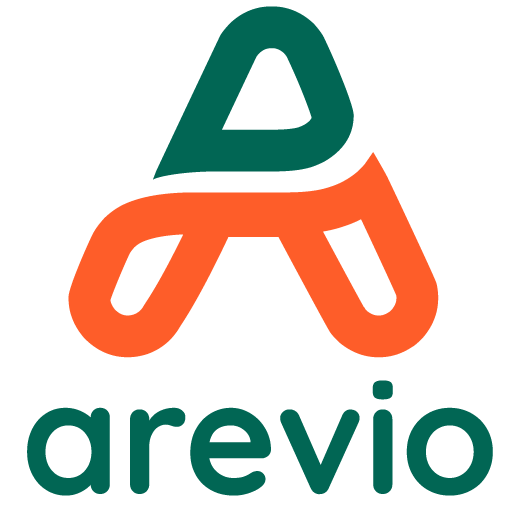–> Arevio Edition ready to support your XBRL-CSV needs ! <–
The Digital Operational Resilience Act (DORA) aims at ensuring the operational resilience of the EU’s financial sector in the face of increasing digitalization and cyber threats. DORA focuses on enhancing the management of cyberattacks, IT failures, and other disruptions. It emphasizes the importance of proactive risk management, incident reporting, and cooperation among relevant authorities and market participants.
DORA also seeks to strengthen the oversight and supervision of critical third-party service providers, whose services are key for the operations of financial institutions. Overall, DORA represents a comprehensive regulatory approach to safeguarding the EU’s financial sector against the evolving challenges of digitalization and cyber threats, promoting stability, trust, and resilience.
Key provisions of DORA include requirements for in-scope financial entities as represented in the below:
- Entity-based ICT risk management policies (the framework and the procedures in place);
- Risk management linked to ICT service providers (classifications, registers of information, monitoring, contractual provisions, information register);
- Operational resilience tests (pen-tests and upstream controls);
- ICT incident management (reporting of major incidents, corrective measures);
- Information sharing (exchange of information related to cyber risks through consortium) and supervision of systematically important ICT providers (for regulators).
At this stage, the EBA has published in its reporting framework 4.0 a section related to DORA and encompassing new cross-sectoral requirements to report, in XBRL-CSV format, registers of information on ICT services provided by the ICT third-party providers as from January 2025.
Data consolidation is crucial for the effective implementation of the DORA’s register of information on ICT service providers. By centralizing and harmonizing data from various sources, it ensures that all relevant information about third-party ICT service providers is readily accessible and accurate. This consolidated view enhances the oversight capabilities of financial entities and regulators, enabling them to monitor potential risks, vulnerabilities, and dependencies more efficiently. Moreover, data consolidation reduces duplication, mitigates inconsistencies, and fosters greater transparency, which is essential for maintaining operational resilience in the digital landscape.

The above flow of information between an obliged entity and various ICT service providers emphasizes the need for consolidation and integration at different stages of data exchange. Here’s a summary of the key elements:
- Obliged Entity settles a service contract with Tier 1 ICT Service Providers.
- Tier 1 ICT Service Providers settle contracts with Tier 2 ICT Service Providers.
- Both Tier 1 and Tier 2 ICT Service Providers issue required information up the chain to the Obliged Entity.
- At each level, there’s a critical need for consolidation and integration to ensure seamless data management, which aligns with the DORA framework.
This visual emphasizes the importance of consolidating information across multiple ICT service providers to maintain operational resilience and regulatory compliance, minimizing data silos and inefficiencies.
–> Arevio is ready to support your XBRL-CSV needs, including data consolidation, in relation to the register of information of ICT service providers ! <–
Arevio is fully equipped to support DORA requirements as per EBA reporting framework 4.0, please feel free to contact us for more information !
We can definitely help you out!
Let’s connect, we’ve got a lot to learn from each other.
Let’s explore how we can collaborate. Book your personalized demo now.
